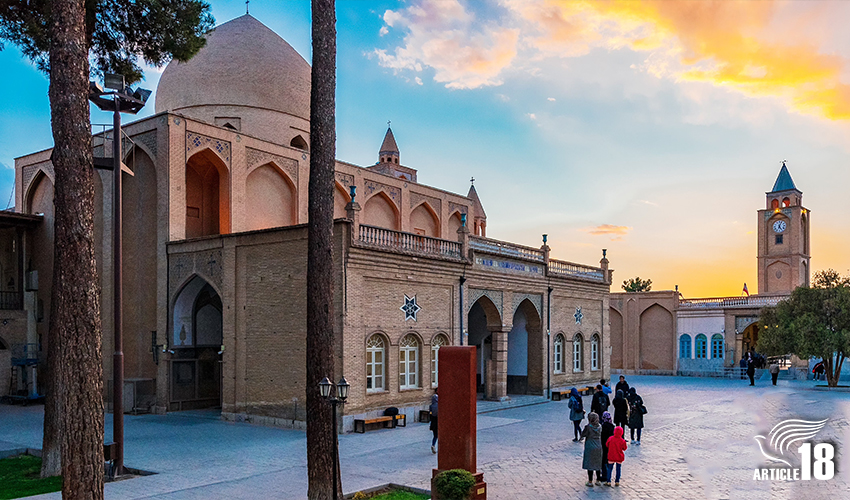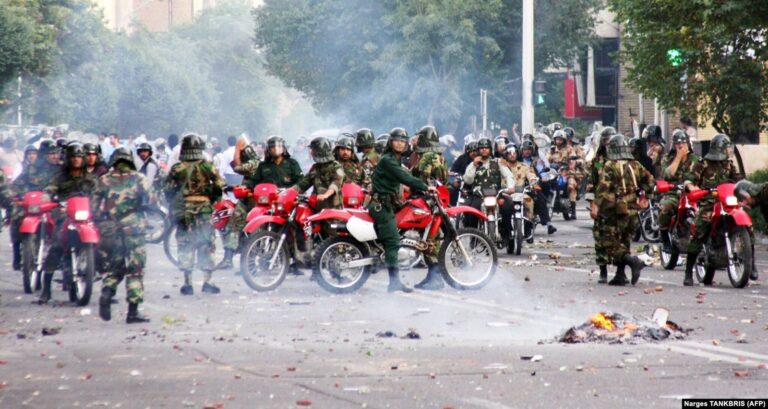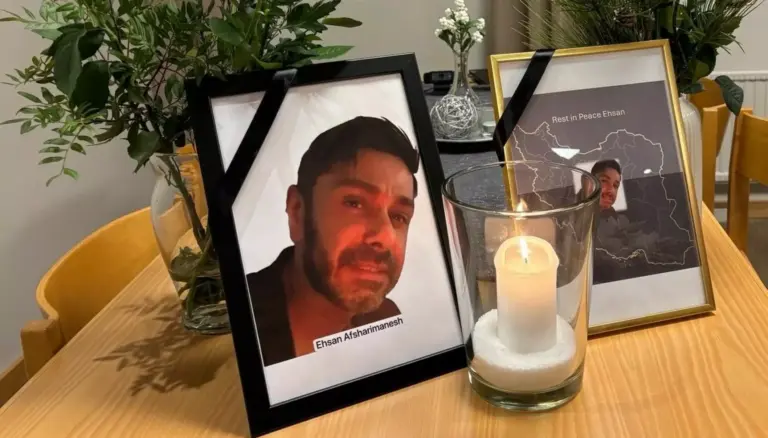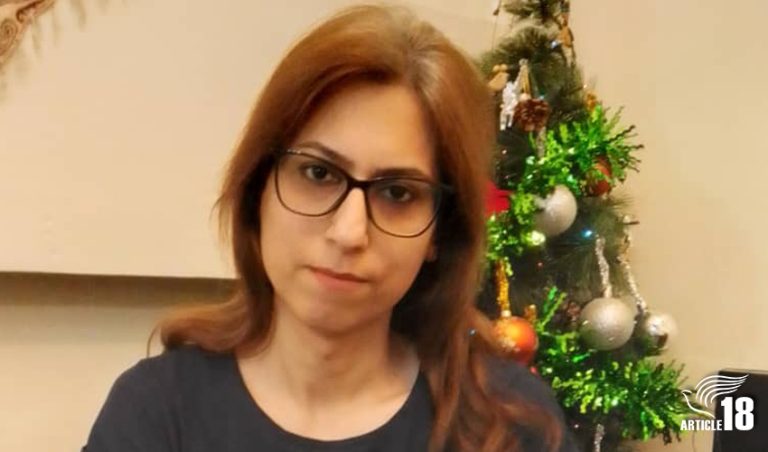
The annual Christmas and New Year celebrations at the most famous Armenian church in Iran were cancelled this year, in what has been viewed by many as a signal of solidarity with protesters.
Christmas decorations and a fireworks display on New Year’s Eve are an annual tradition at the Vank Church in Isfahan, drawing huge crowds.
But this year no lights were strung up on the church and a banner was hung up in the days ahead of New Year’s Eve, stating that the celebrations would not go ahead.
On the day itself, those Iranians who attempted to congregate outside the church were told to “move on” by armed police.
Officially, the banner stated that the celebrations were cancelled owing to necessary repair work in preparation for the church’s registration as a UNESCO World Heritage Site, but many saw the move as a signal of support.
Many Iranian Christians inside and outside the country chose not to put up Christmas decorations this year, in light of the hundreds of protesters killed at the hands of security forces since Mahsa Amini’s death in September.
As such, the church’s decision to cancel its own celebrations has been welcomed by many, whatever the reason behind it.
Before Christmas, intelligence agents pressured Armenian and Assyrian church officials to publish statements critical of the protests, as Iran’s recognised Christian minority – those considered “ethnic Christians”, as opposed to converts, who are unrecognised – continue to be used for regime propaganda.
But dozens of Armenians and Assyrians recorded their own messages of support on social media, while 50 Assyrian youths were warned after either participating in or declaring support for protests via social media.
In late November, an Assyrian woman, 38-year-old Bianka Zaia, was arrested in connection with protests in Tehran, and has since been charged with “propaganda against the state”.



0 Comments